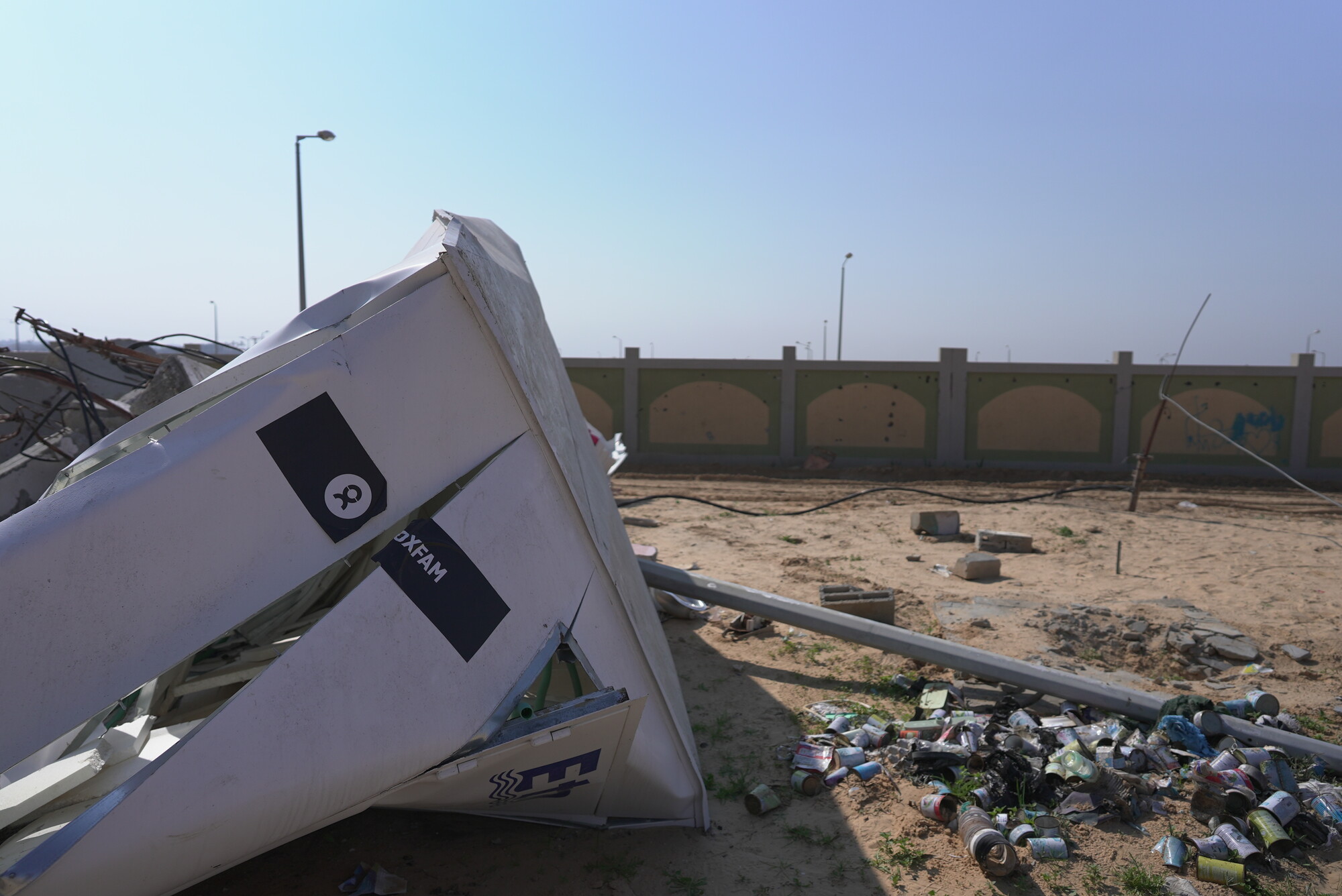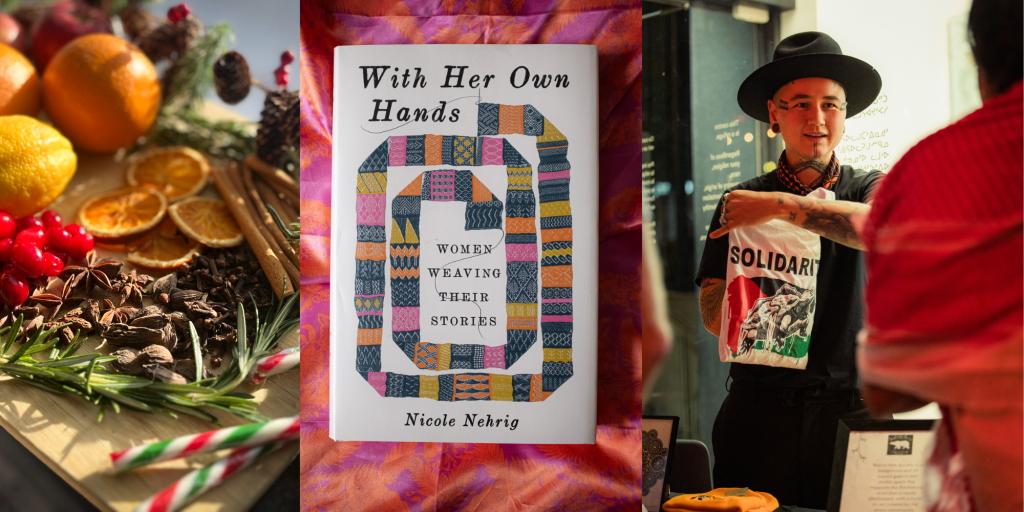5 Critical Things to Know About the Current Crisis in Gaza
The people of Gaza continue to endure immense suffering. While a temporary ceasefire has provided a brief pause in the violence, the humanitarian crisis remains severe. Hunger, disease, and displacement continue to shape daily life. Essential supplies - food, water, and medical aid - are still being blocked. Even dates, a traditional staple for breaking fast during Ramadan, have been classified as “dual use” and denied entry, highlighting the extent of the restrictions placed on humanitarian aid.
For the people of Gaza, survival is a daily struggle. Parents are unable to feed their children, the sick cannot access medicine, and families searching for shelter find only ruins where their homes once stood. Here’s what you need to know.
1. A Temporary Ceasefire is in Place, But the Crisis Continues
Since January 19, shelling and airstrikes have mostly stopped, allowing some aid to enter. However, this temporary ceasefire does not mean safety or stability. People attempting to return home often find only rubble, and many have nowhere to go. Families sleep in makeshift shelters, schools, or overcrowded buildings, with little access to clean water or sanitation.
Israeli forces still control buffer zones, making movement dangerous. Many who try to cross into areas where their homes once stood are met with gunfire. Even with the pause in airstrikes, the situation remains extremely volatile, and civilians continue to live in fear of renewed violence.
OXFAM IS RUSHING AID TO GAZA. WE NEED EVERY DONATION POSSIBLE RIGHT NOW.
2. The Level of Destruction is Catastrophic
Up to 80% of Gaza’s infrastructure has been destroyed. Entire neighborhoods have been flattened, leaving families with nothing but the clothes on their backs. Streets are filled with debris, and buildings that still stand are often unsafe, teetering on the brink of collapse. The machinery needed to remove the rubble has not been allowed to enter Gaza.
The destruction is not just visible - it is life-threatening. Unexploded ordnance is scattered throughout Gaza, making movement perilous and recovery efforts dangerous. Parents warn their children not to play near rubble, fearing that an innocent step could lead to tragedy.
The damage to essential infrastructure is just as dire. Sewage pumps are destroyed, wastewater treatment is nonexistent, and clean drinking water is scarce. With contaminated water sources and unhygienic conditions, the risk of disease outbreaks is rising rapidly. Cholera, diarrhea, and respiratory infections are becoming increasingly common, particularly among children who are already weakened by hunger.

3. Humanitarian Aid is Severely Restricted
The blockade continues to prevent critical aid from reaching those who need it most. 80% of water infrastructure is damaged, leaving people with little to no access to clean drinking water. 70% of farmland has been destroyed, wiping out local food production and sending prices skyrocketing. With so little available, most families simply cannot afford to eat.
Even when aid convoys manage to enter Gaza, they are often delayed or restricted from reaching the hardest-hit areas. Reconstruction materials like pipes and desalination units are being denied entry, preventing much-needed repairs to the water system. Meanwhile, food shortages remain critical, and medical facilities are overwhelmed with injuries and illnesses they cannot properly treat.
The classification of basic necessities as "dual-use items", including food staples like dates, further exacerbates the crisis. Families observing Ramadan, a sacred time of fasting and reflection, are struggling to find enough food to break their fast at sunset. What should be a time of communal gathering and spiritual renewal has instead become a period of unimaginable hardship.
4. Oxfam is Delivering Life-saving Aid
Despite the overwhelming challenges, Oxfam and its partners have been working tirelessly to provide aid to those in desperate need. Since the crisis began, Oxfam has supported more than 1.2 million people with emergency relief, including:
- Food assistance, such as vegetable baskets, food parcels, cash, and vouchers to help people purchase essentials.
- Clean water and sanitation services, including trucking in clean water, repairing badly damaged pipelines, installing desalination units, tap stands, and latrines.
- Hygiene support, distributing hygiene kits, jerry cans, and buckets for water storage.
- Waste collection and sanitation, helping to prevent disease outbreaks in overcrowded shelters.
- Psychological first aid and protection services, providing support to families traumatized by the violence and destruction.
Oxfam’s response is focused not only on immediate survival but also on helping people regain a sense of dignity. Water, sanitation, and agriculture services are being restored, and efforts are underway to rebuild local markets to ensure long-term food security. But this work can only continue if humanitarian organizations are granted full access to those in need.
OXFAM IS RUSHING AID TO GAZA. WE NEED EVERY DONATION POSSIBLE RIGHT NOW.
5. A Permanent Ceasefire is the Only Path Forward
Gaza cannot rebuild while violence and the blockade persist. The United Nations estimates that reconstruction will take at least a decade, but without an end to the cycle of destruction, real recovery will be impossible. A permanent ceasefire is the only way forward.
Military force will not resolve this decades-long conflict. The blockade, the occupation, and the deep-rooted inequalities must be addressed to break the cycle of violence and suffering. The international community must take action to ensure the fundamental rights of Palestinians are upheld.
Oxfam continues to call for a permanent ceasefire, the release of all hostages and illegally detained Palestinians, and full humanitarian access to Gaza. Without these crucial steps, the people of Gaza will remain trapped in an endless cycle of devastation.
The world must act. Gaza’s people deserve more than survival—they deserve peace, justice, dignity, and the opportunity to rebuild their future.

